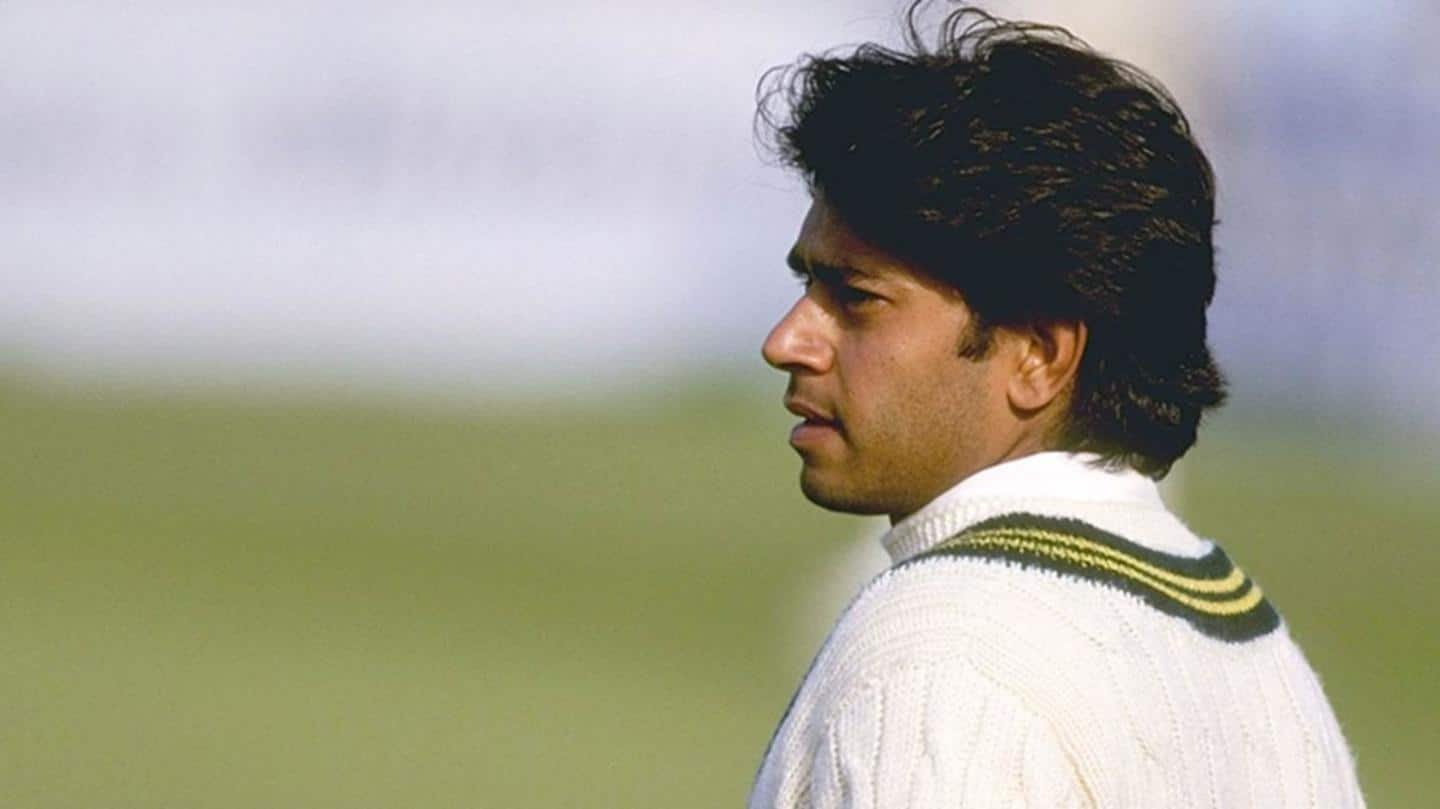
Aaqib Javed reveals he received match-fixing approaches
What's the story
Former Pakistan bowler Aaqib Javed revealed he was approached for match-fixing during his international career.
He leveled serious charges against another Saleem Pervez, stating the former cricketer served as a mediator by luring players into fix matches on regular basis.
Javed also said he was always against match-fixing, while his take on it cut-short his career.
Here is more.
Quote
Players were lured by lavish cars and money
"Lavish cars and millions of rupees were handed over to a cricketer. I was also asked to fix matches and told that if I didn't comply, my career would be finished. Players were approached with match-fixing offers through a former cricketer, Saleem Pervez," Javed said.
Aaqib Javed
A look at Aaqib Javed's career
Aaqib Javed was a rather underrated fast bowler, who mastered both forms of swing (traditional and reverse-swing).
Having made his debut in 1988, the 47-year-old represented Pakistan in 22 Tests and 163 ODIs.
In a career that spanned nearly 10 years, Javed scalped 236 international wickets at an average of 32.18.
He also played a crucial role in Pakistan's title-clinching World Cup campaign (1992).
Career
'Match-fixing curtailed my career', says Javed
Javed added match-fixing curtailed his international career.
"When I came to know about fixing, I took a strong stance and stood by it. I don't regret the fact that it shortened my career as I strongly believe in my values," he added.
"People tried to sideline me from tours because of my stance and would also reprimand those people who would talk to me."
Information
PCB had urged the government to criminalize match-fixing
In April, the Pakistan Cricket Board (PCB) had asked the government to legislate a law for outlawing match-fixing and spot-fixing. Chairman Ehsan Mani reiterated the board wants corruption acts in cricket to be deemed as a criminal act.
Pakistan cricket
Pakistan cricket has been marred with match-fixing cases
Pakistan cricket has often been stained, owing to several match-fixing cases.
In 2010, Salman Butt, Mohammad Amir and Mohammad Asif were banned by the ICC after a tribunal found them guilty of spot-fixing during the Lord's Test.
Recently, a three-year ban was imposed on Umar Akmal for not reporting a spot-fixing approach.
He was charged with two charges of violating PCB's Anti-Corruption Code.